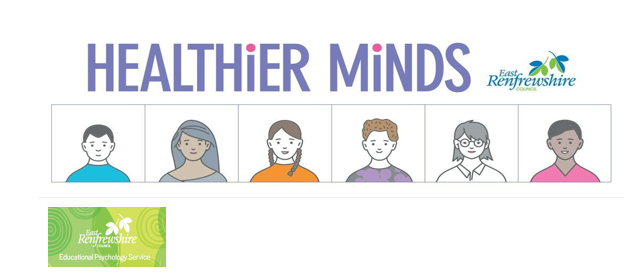
Stress can make us feel anxious and low. This can impact upon how we think about ourselves and other people. Many people who are stressed avoid people, places or situations that they associate with stress. When stressful events happen, we don’t always think in a balanced way. We can focus on upsetting thoughts and feelings about ourselves, for example, ‘they don’t like me, I’m useless…’
These thoughts can go around and around in our head and become more and more negative. Our thoughts, feelings, and behaviours all interact and combine to keep our stress going. It becomes a vicious circle.
You can help your child develop their emotional awareness by encouraging them to pay more attention to their thoughts, feelings and behaviours, and by helping them to see the connections between these. If we challenge our thoughts, we can sometimes break a negative cycle. Being able to identify whether our thoughts are unhelpful or helpful is very useful.
For children and young people who are good at talking about how they are feeling, it can be useful to help them to recognise and challenge their own negative thoughts and identify helpful alternatives. This can help them change unhelpful feelings and behaviours. This is one of the main aims of Cognitive Behavioural Therapy or ‘CBT’. There are now many self-help guides and books which can be used to practice and develop this skill with activities (have a look at the ‘Resources’ section for some ideas).
A good starting point and one of the most natural ways to support your child is to talk more openly about how you overcome challenges.
Key adults who model effective coping strategies themselves are a good source of learning for young people. Talking openly about a problem, say at work, and explaining what your initial thoughts, feelings and behaviours were, can normalise things for young people. Talking about how you decided to change your approach to a problem by challenging your own thinking and how that worked can be really empowering.
It is also worth asking them what they think you could do in a situation if you have a problem. Working through a problem together that isn’t about them can feel less threatening. If they feel like they are helping, they are more likely to feel better about themselves.
Help your child to set realistic goals – remember, you can’t solve the world’s problems, and you can’t solve it all in one go.

